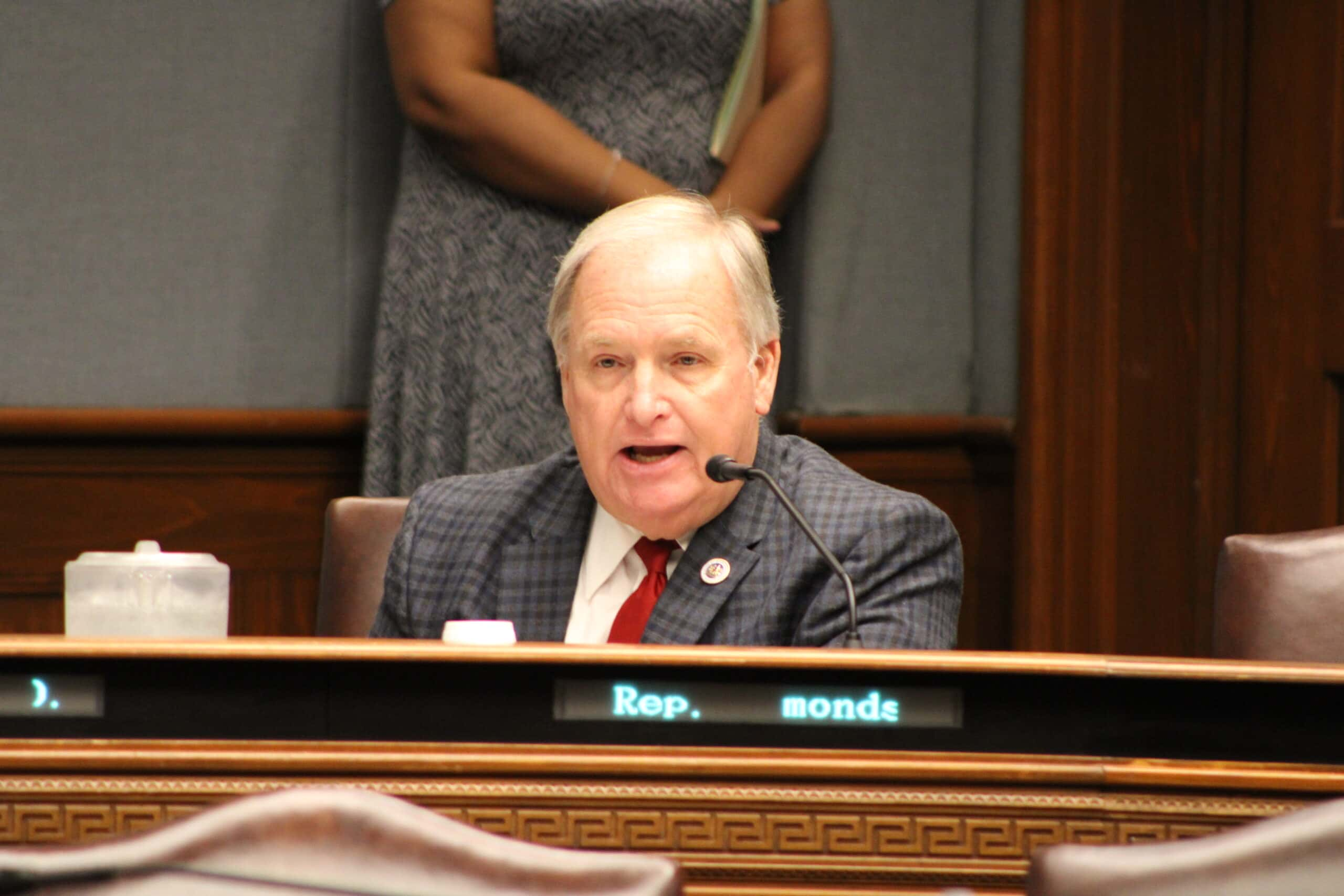Louisiana lawmakers have rejected three of the four tax credits proposed to aid pregnant individuals and adoptive parents following the state’s strict abortion ban.

Louisiana lawmakers reject tax credits aimed at supporting pregnant individuals following abortion ban
The proposed “unborn” child tax credit, which would have created a tax deduction for parents who have miscarriages or are expecting a baby, was stalled in a Senate committee. Another bill proposing tax breaks for families who adopt children and those who donate to organizations that help parents was also stalled in a similar Louisiana House committee last month.
Only one tax bill aimed at supporting struggling pregnant people and young parents following the state’s strict abortion ban remains in play. Senate Bill 41 would provide a tax break for anti-abortion crisis pregnancy centers. The bill would allow individuals and corporations to claim an income tax credit of up to $5,000 per individual or business to cover 50% of a donation made to an anti-abortion crisis pregnancy center. The tax break would be capped at $5 million statewide annually and given out on a first-come, first-served basis.
The bill explicitly prohibits any maternal wellness centers that favor abortion services or refer clients to abortion providers from benefiting from the tax credit incentives
It also removes a requirement that the Louisiana Department of Health vet the anti-abortion centers before they qualify for tax credit incentives. Anti-abortion crisis pregnancy centers have been criticized by Lift Louisiana, an abortion rights advocacy organization, for spreading misinformation about abortion and not providing adequate healthcare. Louisiana has allocated more than $2 million to these organizations in the current budget cycle.
Sen. Beth Mizell, R-Franklinton, who opposes abortion, sponsored the bill and attempted to address some of Lift Louisiana’s concerns. The centers would be obligated to provide pregnancy and postpartum services, including counseling and infant care, and must provide an annual report to the state explaining how they spend their donations and what types of programs they offer. The bill is expected to be voted on on the Senate floor in the next few weeks.




